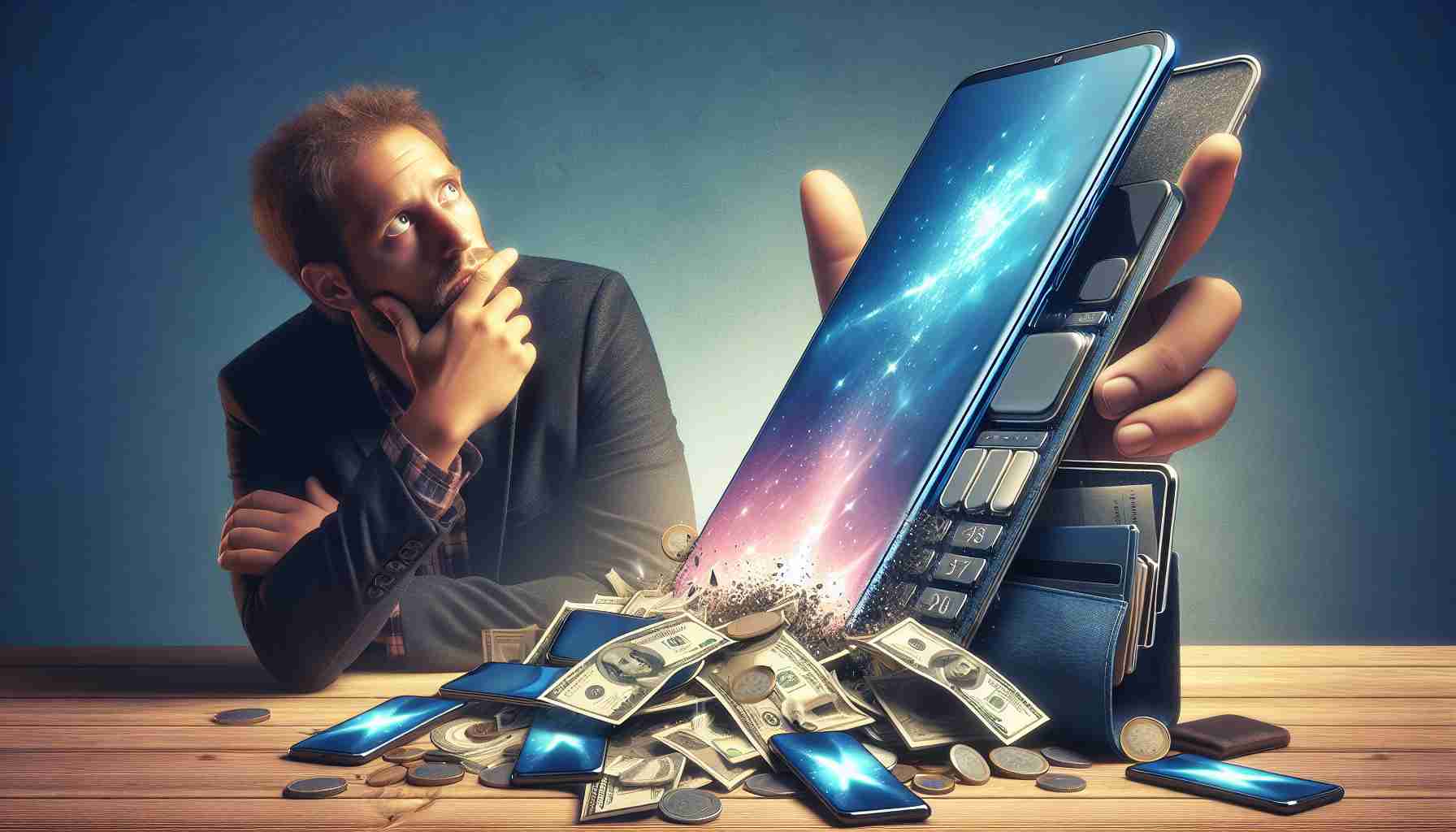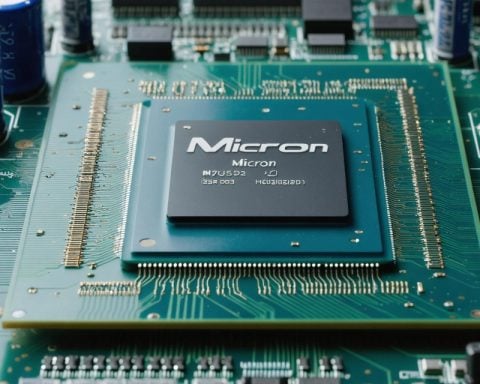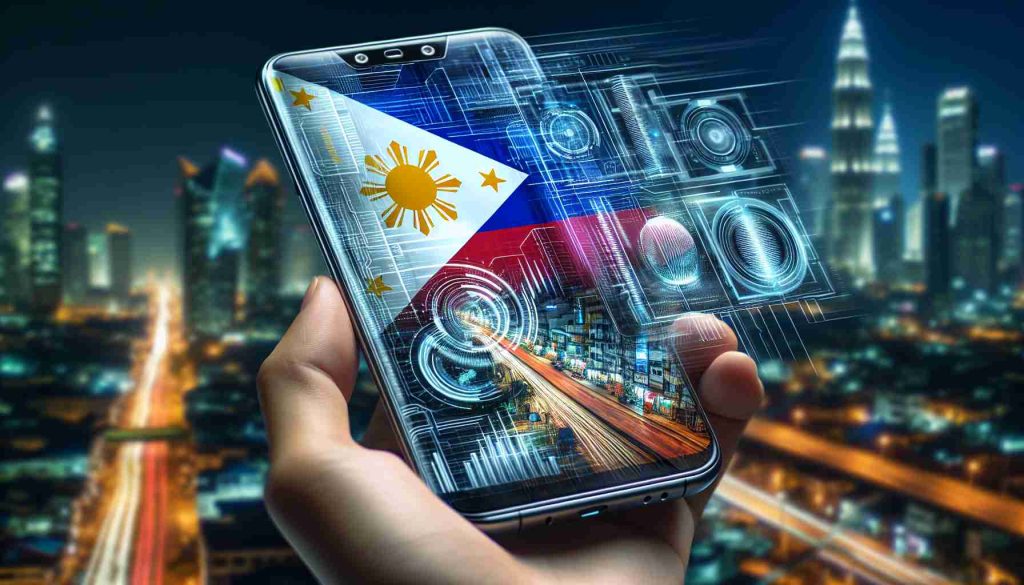In a market oversaturated with promotional hype, the newly released iPhone 16 and the forthcoming Galaxy S25 have managed to stir the pot—but not in the way manufacturers might hope. As per industry evaluations, the so-called “upgrades” these newest devices offer are somewhat underwhelming.
Lack of Meaningful Upgrades
Recent years have seen a deluge of articles questioning why smartphones appear strikingly similar. The thrill surrounding technology seems to dwindle each year. According to experts, one of the most prudent strategies is to avoid purchasing new phones annually. With the average smartphone lifespan being approximately 2.5 years, there’s little reason to frequently upgrade. Both Apple and Samsung dominate the American market, yet a closer look reveals minimal differences among generations of their flagship models.
The Software Illusion
While companies boast about AI capabilities in their latest models, it turns out older phones efficiently handle these tasks too. This reality underscores that AI features are often subscription-based, ensuring revenue streams rather than hardware necessity. Remarkably, a Galaxy S22 user won’t experience noticeable differences in AI functioning compared to a newer model.
In terms of software, the similarities extend beyond hardware. For instance, the user experience between the iPhone 13 mini and iPhone 15 Plus remains largely unchanged. Furthermore, with commitments from giants like Samsung and Google to deliver significant OS updates for up to seven years, buying new for software purposes is largely unnecessary.
Remarkably Similar Designs
From hardware design to color offerings, newer models offer little to excite. Indeed, it has become increasingly difficult to distinguish between generations at a glance. Even when flipped around, phone models from the past five years blend seamlessly into one another. This uniformity may work against consumer excitement for what’s to come, suggesting it might be wiser to hold onto your current phone a bit longer.
Are Smartphones Reaching a Plateau? What This Means for Consumers and the Market
In the fast-paced world of technology, smartphones once dazzled us with groundbreaking innovation and design changes. However, as seen with the latest releases like the iPhone 16 and the forthcoming Galaxy S25, it seems we’re witnessing a slowdown in meaningful upgrades. But what does this mean for consumers, communities, and countries?
The Environmental Impact: A Call for Sustainability
One often overlooked aspect of the gradual pace of smartphone innovation is its environmental implication. With frequent updates requiring new manufacturing, the ecological footprint of smartphone production is significant. Encouraging consumers to hold onto their devices longer can substantially reduce electronic waste and promote environmental sustainability. This shift benefits communities striving for greener solutions and encourages brands to pursue sustainable manufacturing practices.
Economic Perspective: Budgeting for the Future
In a world more economically conscious post-pandemic, consumers now have a stronger incentive to reconsider yearly upgrades. The unchanged hardware design and prolonged software support mean users can save money by extending the life of their current devices. This could allow for allocating resources towards more critical areas such as education, healthcare, or even leisure experiences, creating a ripple effect that benefits both individual budgets and larger economies.
Driving Apps and Service Innovations
With hardware differences diminishing, the spotlight is now on app developers and service providers to drive innovation. They must offer cutting-edge functionalities and services that make devices feel brand-new without the need for physical upgrades. This includes advanced app features, improved connectivity, and personalized AI-driven services that don’t necessitate hardware changes, preserving the user experience and expanding it in exciting ways.
The Quest for Differentiation Among Brands
As phones become homogenized, brands are seeking new ways to differentiate themselves. This can range from developing unique ecosystems of services to integrating with smart home devices and wearables. The advantage lies in creating a seamless and integrated experience that locks customers into their ecosystem, while the disadvantage is potential consumer overwhelming with fragmented technologies.
Consumer Loyalty: Less About Devices, More About Ecosystems
How do users perceive brand loyalty in an era of similar devices? Consumers might feel increasingly tied to ecosystems rather than individual devices, with services like cloud storage, streaming, and app exclusivity becoming key reasons for sticking with a brand. The disadvantage here is that consumers could feel trapped within a single ecosystem, making it harder to switch brands without significant inconvenience.
How Long Can This Trend Sustain?
Could the smartphone market eventually witness a significant innovation breakthrough, or is this plateau the new normal? The question remains whether manufacturers can balance innovation with necessity and sustainability.
For more insights into technological innovations and their impact, visit TechCrunch or Wired.
As consumers, understanding these changes allows us to make more informed decisions about our tech investments, focusing on sustainability and smarter budgeting while enjoying longer-lasting devices. With the industry in a state of maturation, how we engage with technology could redefine not just our personal usage but also broader societal norms.























